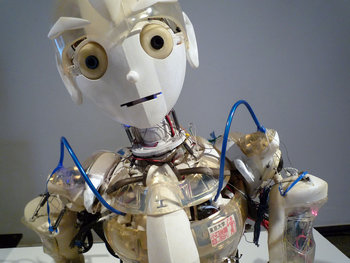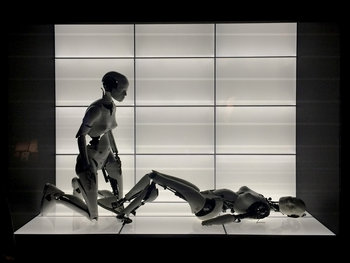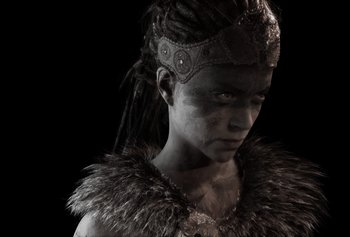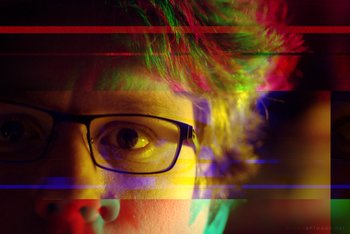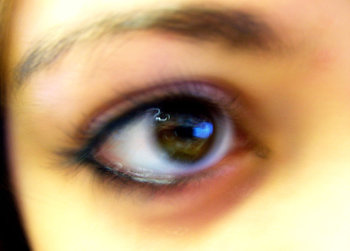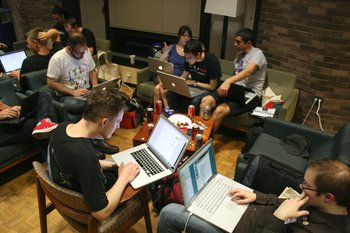|
| |
The fourth industrial revolution is the idea that our economy is currently undergoing a transformation towards physical manifestations of computing. It is associated with pervasive computing, robotics, artificial intelligence and new production techniques such as assembly by nanobots. The fourth industrial revolution is likely to cause dramatic shifts in the economy, quality of life and culture. For example, it may end up automating most jobs that currently exist including professions such as software development that may shift towards machine learning. As such, it will likely be a time of social upheaval. It may result in a paradise of material abundance, justice, environmental restoration and new professions that are creative and fulfilling. Alternatively, it could lead to some sort of terrible dystopia. It mostly depends how well we manage risks and governance.
Third Industrial Revolution, 1949 ~ CurrentThe third industrial revolution is known as the digital revolution. It includes the development of the knowledge economy and automation. It is primarily driven by the exponential growth of computing power. Computing underwent a dramatic shift beginning in 1994 with the commercialization of the internet. Suddenly much information was connected by a high speed network resulting in explosive growth in the knowledge economy and shifts from physical things such as shopping malls to digital things such as ecommerce.
Second Industrial Revolution, 1870 ~ 1914The second industrial revolution was driven by electrical power, telephones and automobiles. Factories organized as assembly lines and mass production began.First Industrial Revolution, 1820 ~ 1840The first industrial revolution was the shift of the economy towards machines, particularly steam powered machines.|
Type | | Definition | An economic revolution fueled by physical manifestations of computing such as robotics and pervasive computing. | Related Concepts | |
Advanced Technology
This is the complete list of articles we have written about advanced technology.
If you enjoyed this page, please consider bookmarking Simplicable.
© 2010-2023 Simplicable. All Rights Reserved. Reproduction of materials found on this site, in any form, without explicit permission is prohibited.
View credits & copyrights or citation information for this page.
|




